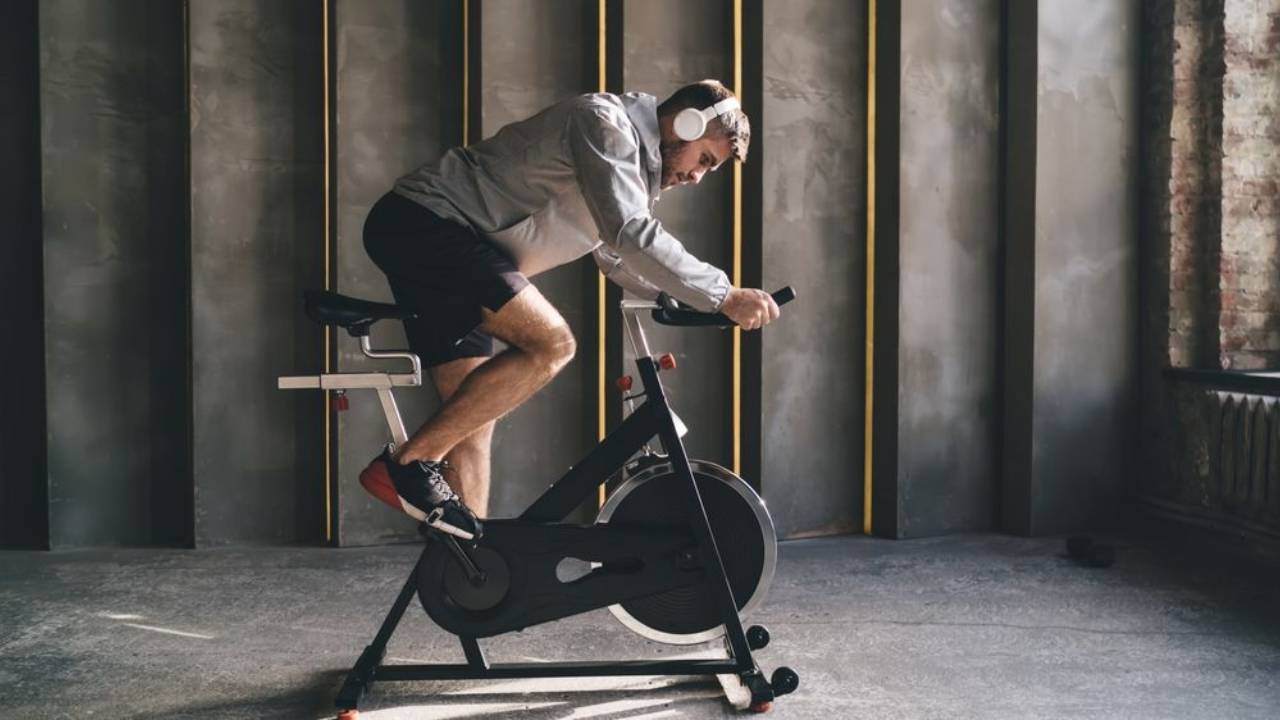How Does My Mental Health Affect My (Re-) Injury Risk?

Injury recovery isn’t just about physical rehab—it’s also deeply tied to your mental state. Research shows that stress, anxiety, and lack of confidence can increase injury risk and slow recovery. Understanding the mind-body connection can help you take proactive steps to protect yourself from reinjury and optimize your return to sport.
The Mental Health & Injury Connection
Your mental health affects your movement patterns, pain perception, and overall resilience. Here’s how:
✅ Stress & Muscle Tension – High stress levels can cause excessive muscle tension, increasing the likelihood of strains and poor movement mechanics.
✅ Fear of Reinjury – Anxiety about getting hurt again can lead to compensatory movement patterns, which may put stress on other areas of the body.
✅ Lack of Confidence – If you don’t trust your body post-injury, you may hesitate or second-guess movements, raising the risk of re-injury.
✅ Mental Fatigue – Exhaustion from mental stress can reduce focus, reaction time, and coordination, making injuries more likely.
✅ Depression & Motivation – Low motivation can lead to inconsistent rehab efforts, delaying recovery and increasing the risk of incomplete healing.
How to Strengthen Your Mind & Body for Injury Prevention
💡 1. Train Your Mind Like Your Muscles
-
Use visualization techniques to mentally rehearse movements with confidence.
-
Develop a growth mindset—view setbacks as learning experiences, not roadblocks.
💡 2. Manage Stress & Anxiety
-
Practice deep breathing, meditation, or progressive muscle relaxation.
-
Identify sources of stress and create a game plan to manage them.
💡 3. Build Confidence in Your Body
-
Work with a coach or therapist to gradually expose yourself to sport-specific movements.
-
Celebrate small wins in your recovery to reinforce trust in your body.
💡 4. Stay Connected & Supported
-
Surround yourself with teammates, coaches, and professionals who encourage your progress.
-
Seek professional help if anxiety or fear is interfering with your return to sport.
💡 5. Prioritize Sleep & Nutrition
-
Poor sleep and inadequate nutrition can worsen mental fatigue and increase injury risk.
-
Fuel your body with anti-inflammatory foods to support healing.
Your mental health is just as crucial as your physical strength when it comes to injury prevention and recovery. By addressing stress, fear, and confidence, you can rebuild not just your body—but your mindset, too.

